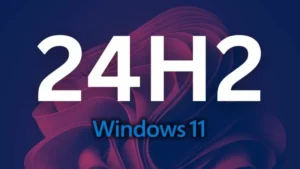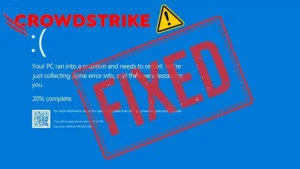Viruses are no longer the biggest threats for most users, particularly now that software updates itself automatically and so much personal computing happens over the internet.
In June, the United States Department of Commerce announced a ban on Kaspersky software. As of September 29, ZDNET’s Lance Whitney reported, Kaspersky will no longer be able to provide antivirus signature updates and code updates for the banned products to customers in the United States.
When I read that news, I was as shocked as anyone. Did someone accidentally press a button that transported us back to 1999? People still pay for third-party antivirus software?
Apparently people do, but good luck finding reliable information on the market for antivirus software in 2024. Most of the data I was able to uncover came courtesy of the developers of said software, which is not the most reliable source.
Antivirus software by the numbers
A recent survey by Security.org turned up some numbers about the US market that seem believable. That survey says roughly 54% of Americans use the default virus protection that comes with their device, while 46% use third-party antivirus programs.
But of those who install extra protection, only a little more than half (33 million households) pay for the privilege. Norton and McAfee collectively account for 52% of those paying customers, with Kaspersky accounting for a mere 4% of the market. If those numbers are accurate, 1.3 million Americans should be able to demand a refund from Kaspersky later this year.
Here’s the part that jumped out at me from that report:
Older Americans are significantly more likely to use third-party antivirus programs and pay for the software. Those over 65 are twice as likely to subscribe to paid antivirus services than those under 45.
Full disclosure here: I’m in the over-65 demographic, with a full head of gray hair, and I haven’t used third-party antivirus software in decades. But my silver-haired peers are still paying. Why? For the same reason they still use checkbooks. It’s what they grew up with, and it makes them feel comfortable.
It’s also a colossal waste of money.







